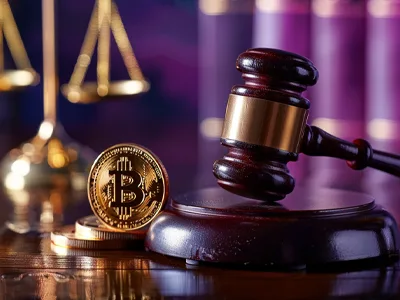A companion bill in the House still needs to be approved for the legislation to advance
The US Senate passed the GENIUS Act, a crucial step towards creating a federal regulatory framework for stablecoins. Legislators approved an amended bill yesterday in a 68-30 vote, formally referred to as the Guiding and Establishing National Innovation for US Stablecoins Act. The legislation, sponsored by Senator Bill Hagerty of Tennessee, aims to better define how payment-based stablecoins operate under law within the US financial landscape.
Senator Hagerty, before voting, clarified that the bill would allow consumers and businesses to make payments more efficiently and faster. He emphasized that payments made via stablecoins can effectively become real-time, eliminating the delay time common in traditional banking payments.
While the Senate vote brings the bill closer to legislation, it still has to make it through the House of Representatives. The companion STABLE Act will come up for consideration there soon, though it too might meet with additional amendment. With the narrow Republican majority in the House, it is far from certain.
The bill’s movement comes on the heels of a failed cloture vote in May due to Democratic opposition to former President Donald Trump’s connections to the crypto space. The fact that his family has invested in World Liberty Financial, which introduced a stablecoin earlier this year, is still a contentious issue. Nevertheless, Trump’s tech advisor, David Sacks, has stated that the former president would sign stablecoin legislation out of Congress with a Republican majority.
If approved, the GENIUS Act would make it possible for giants like Apple, Google, X (Twitter), and Airbnb to look into issuing their own stablecoins. Legislators also inquired if Meta would reconsider introducing a digital currency under the proposed framework.
Simultaneously, the House of Representatives is also debating the CLARITY Act, which addresses broader crypto market regulations. Both bills are significant efforts to imbue digital assets with legal certainty, even as political rancor surrounding the issue continues.

